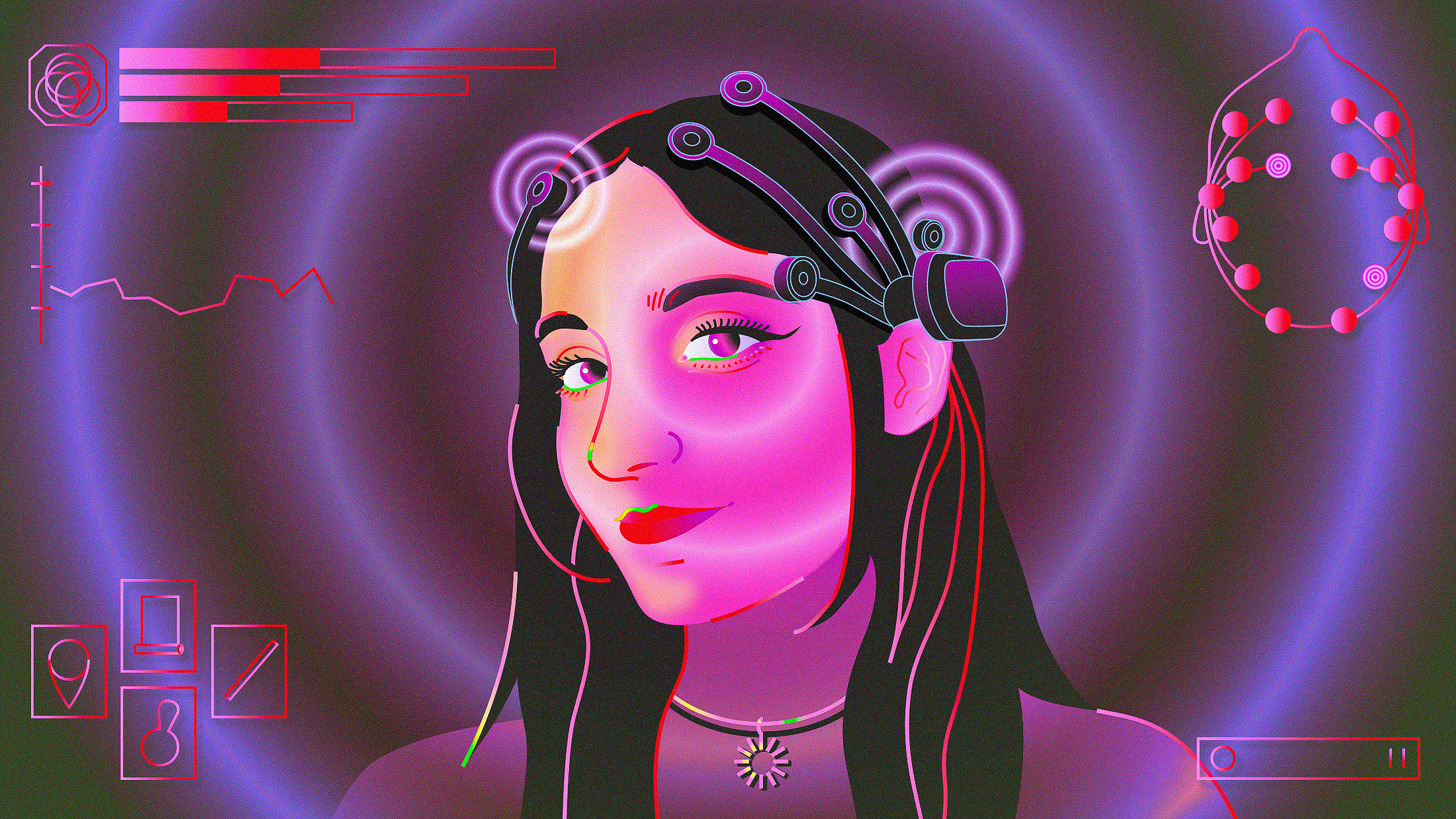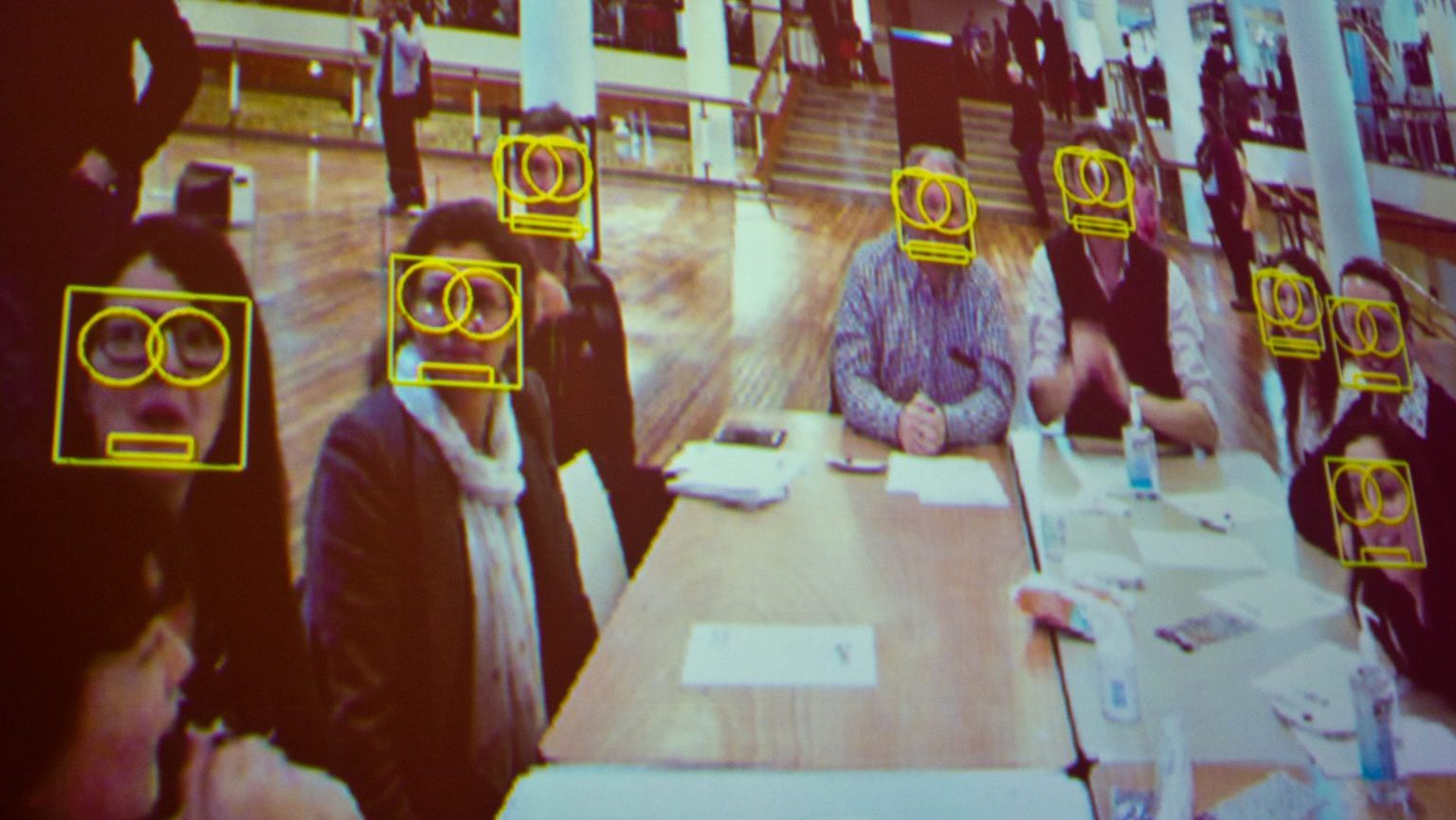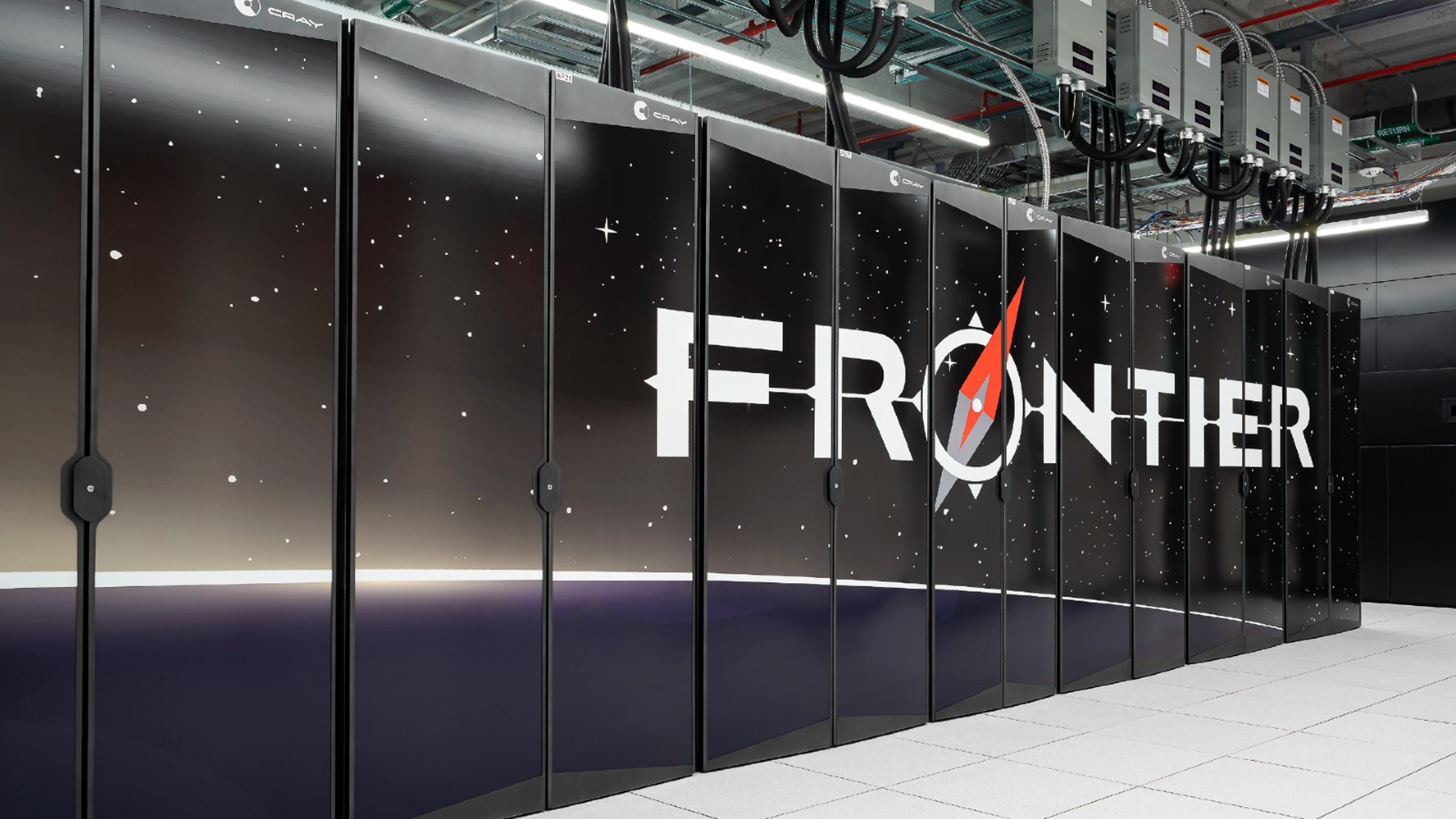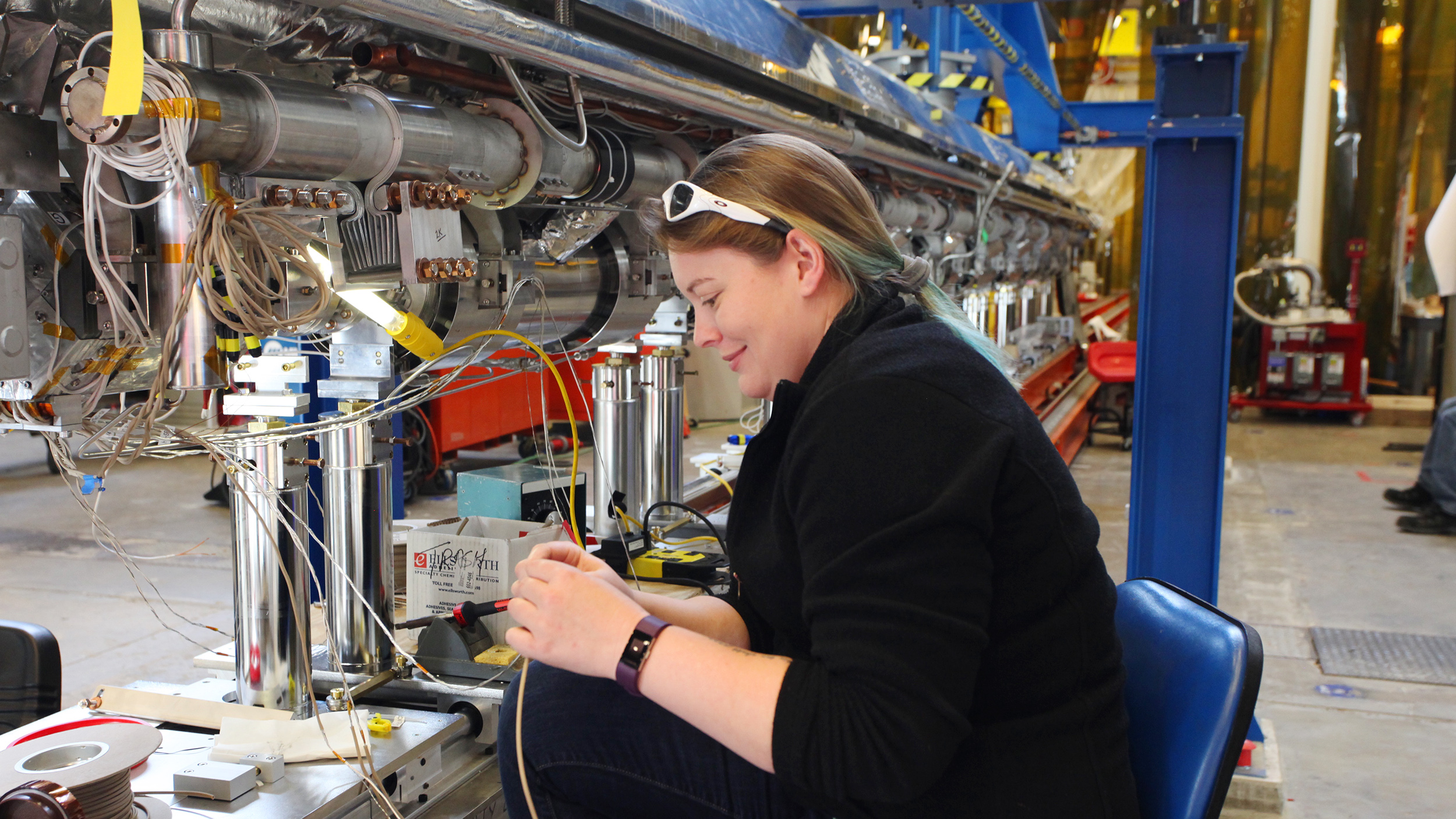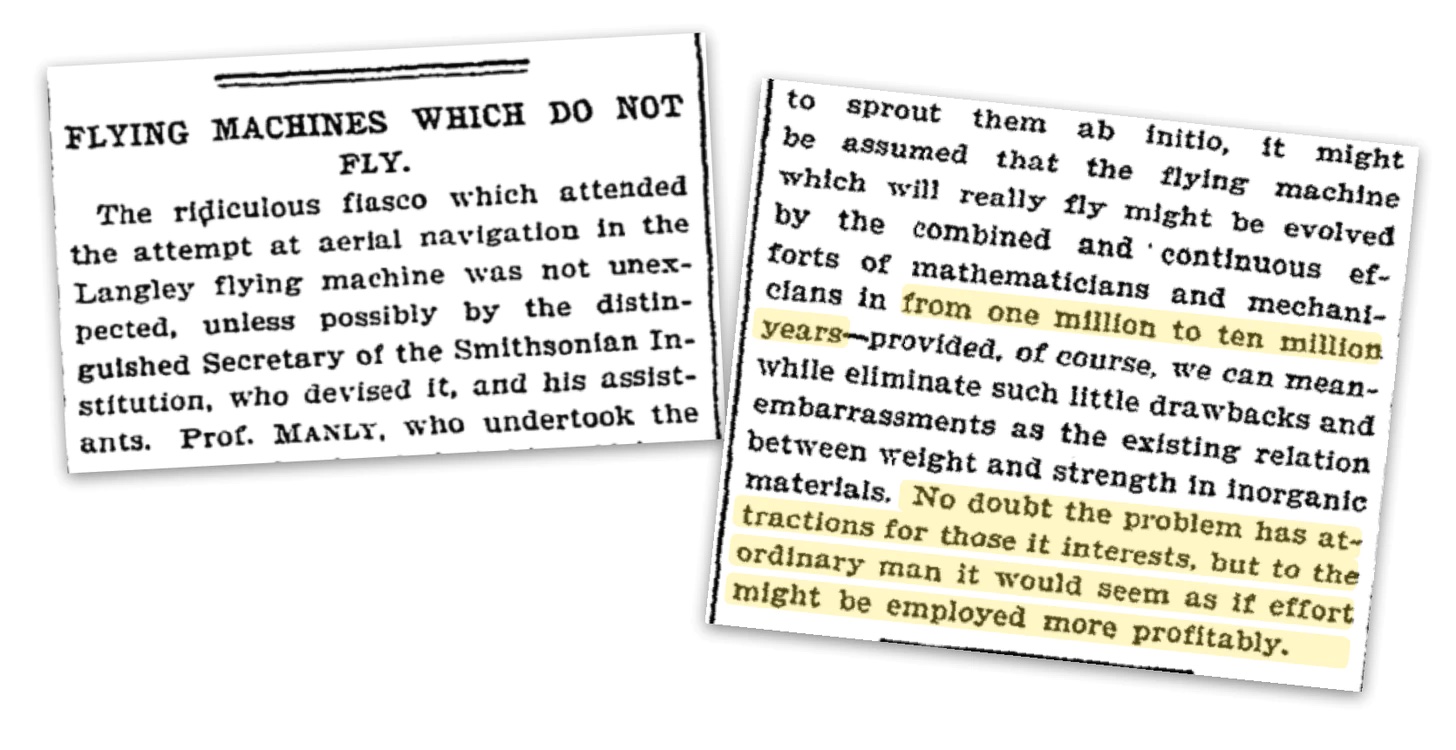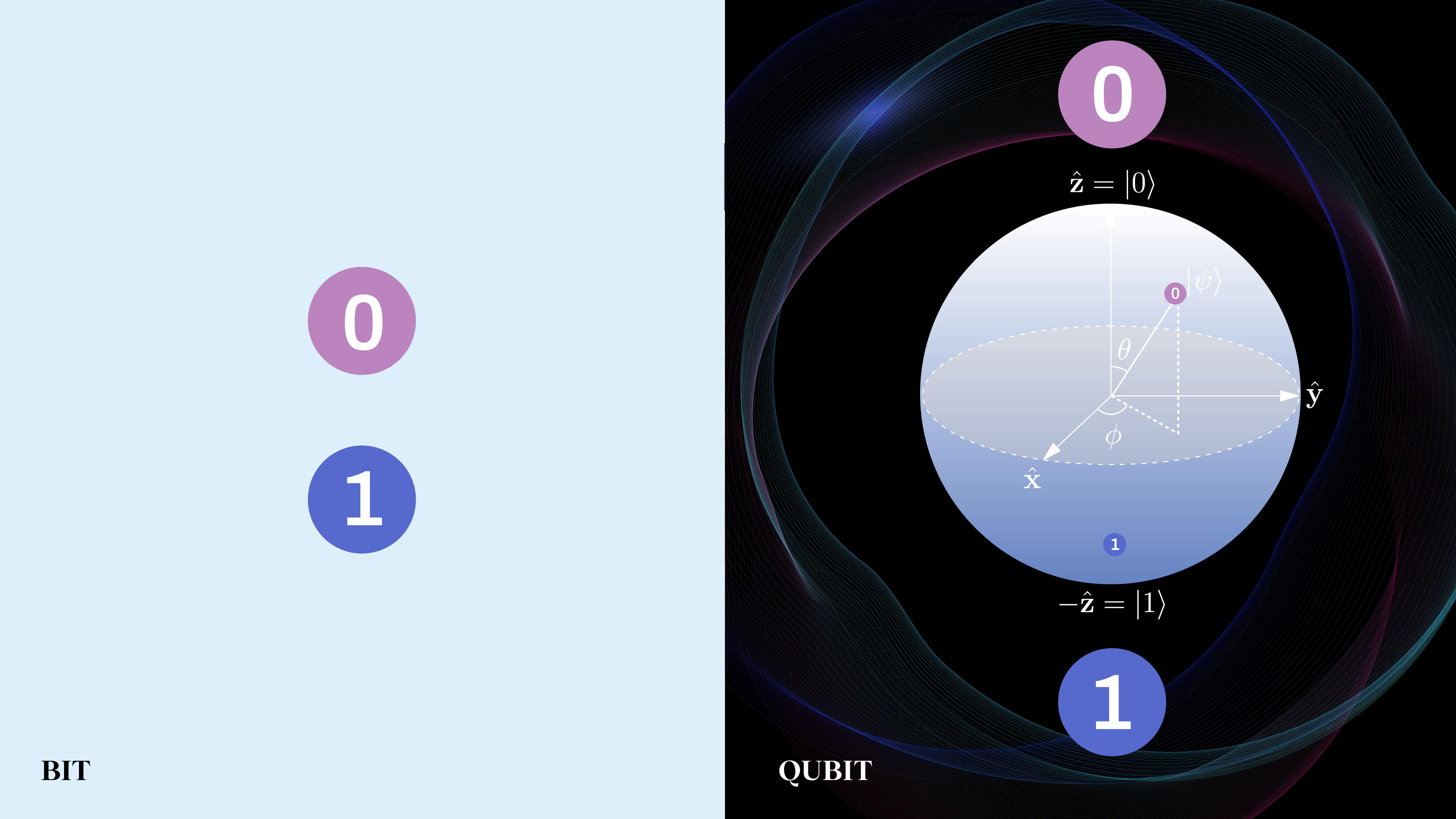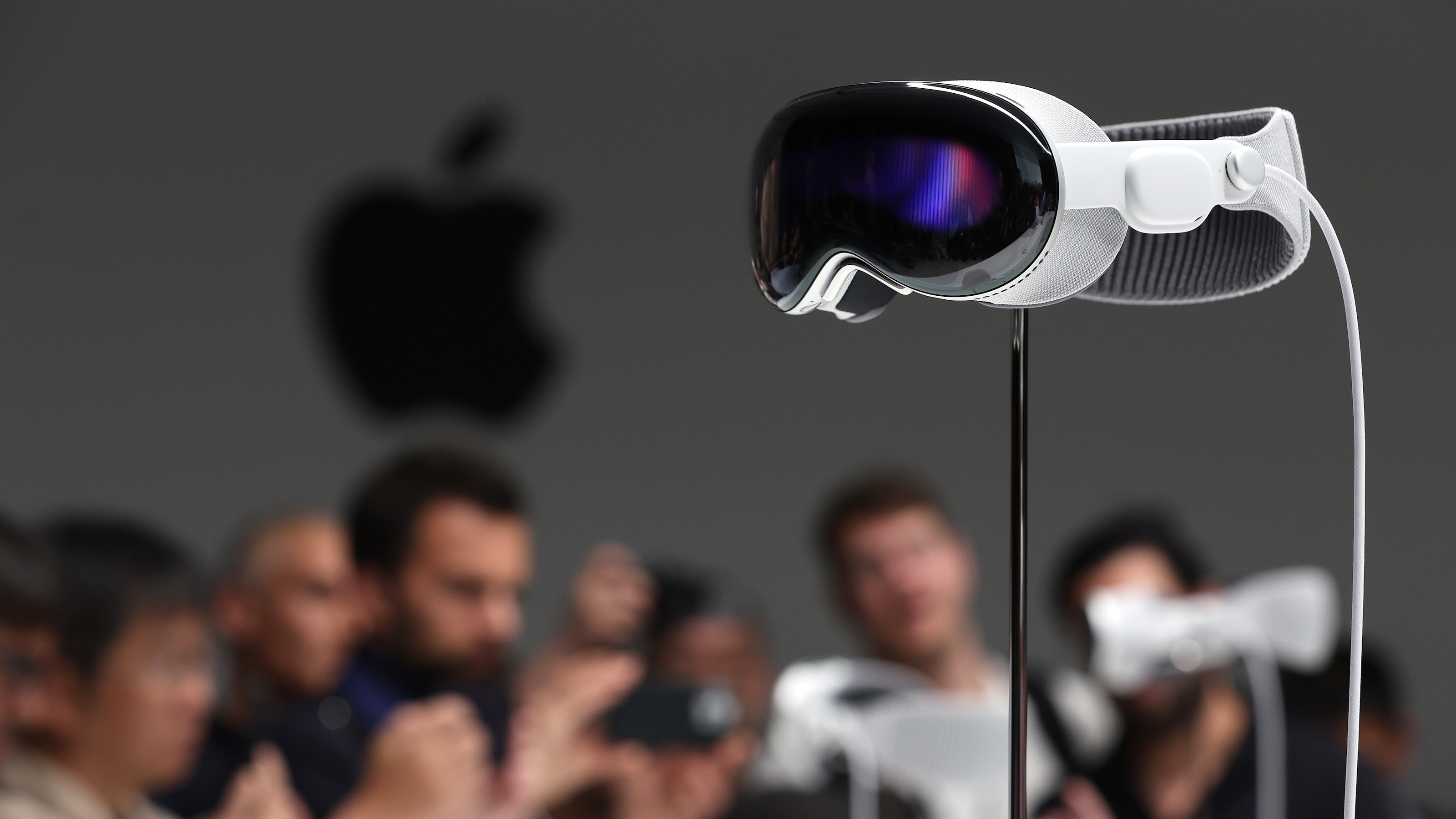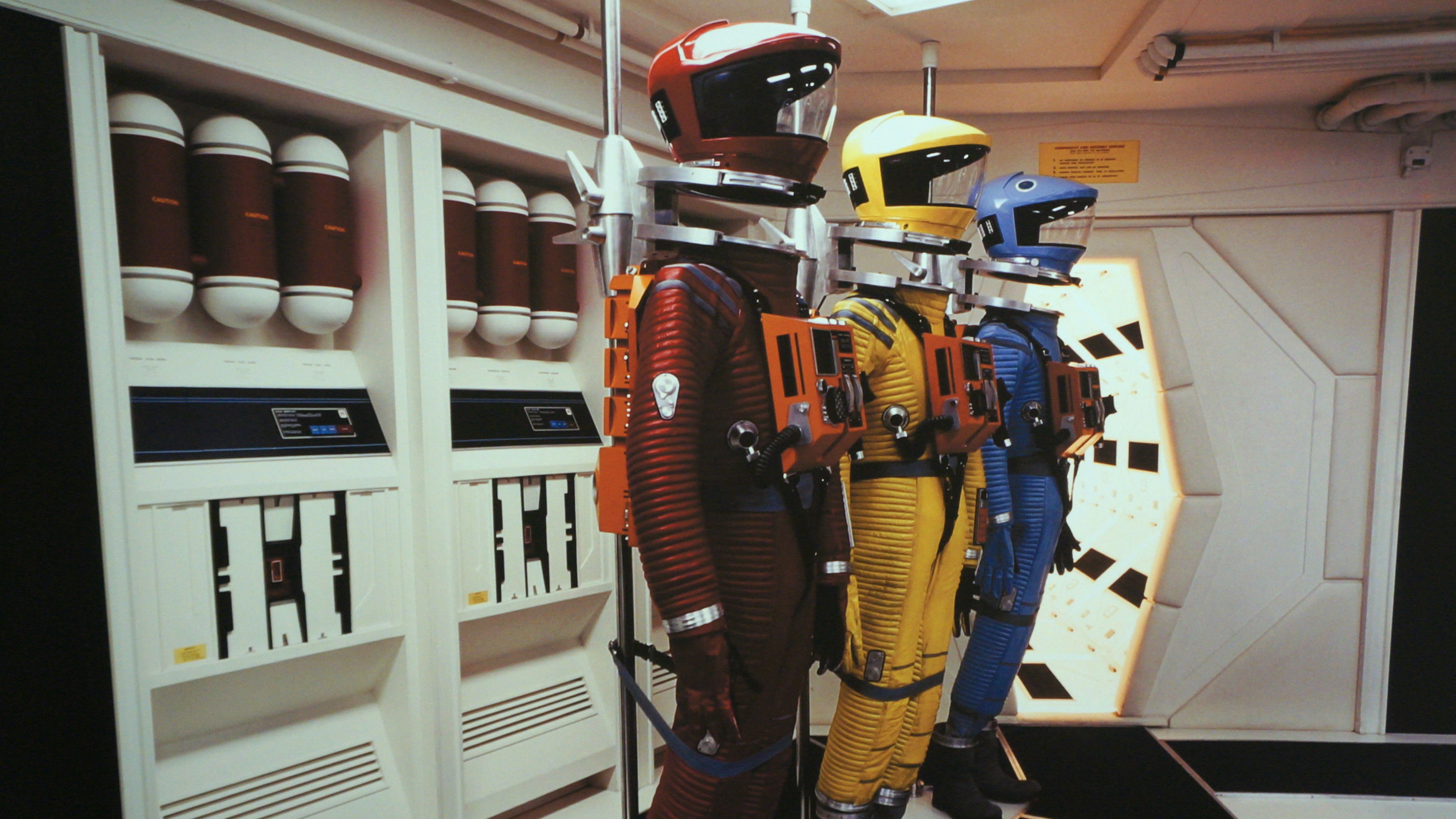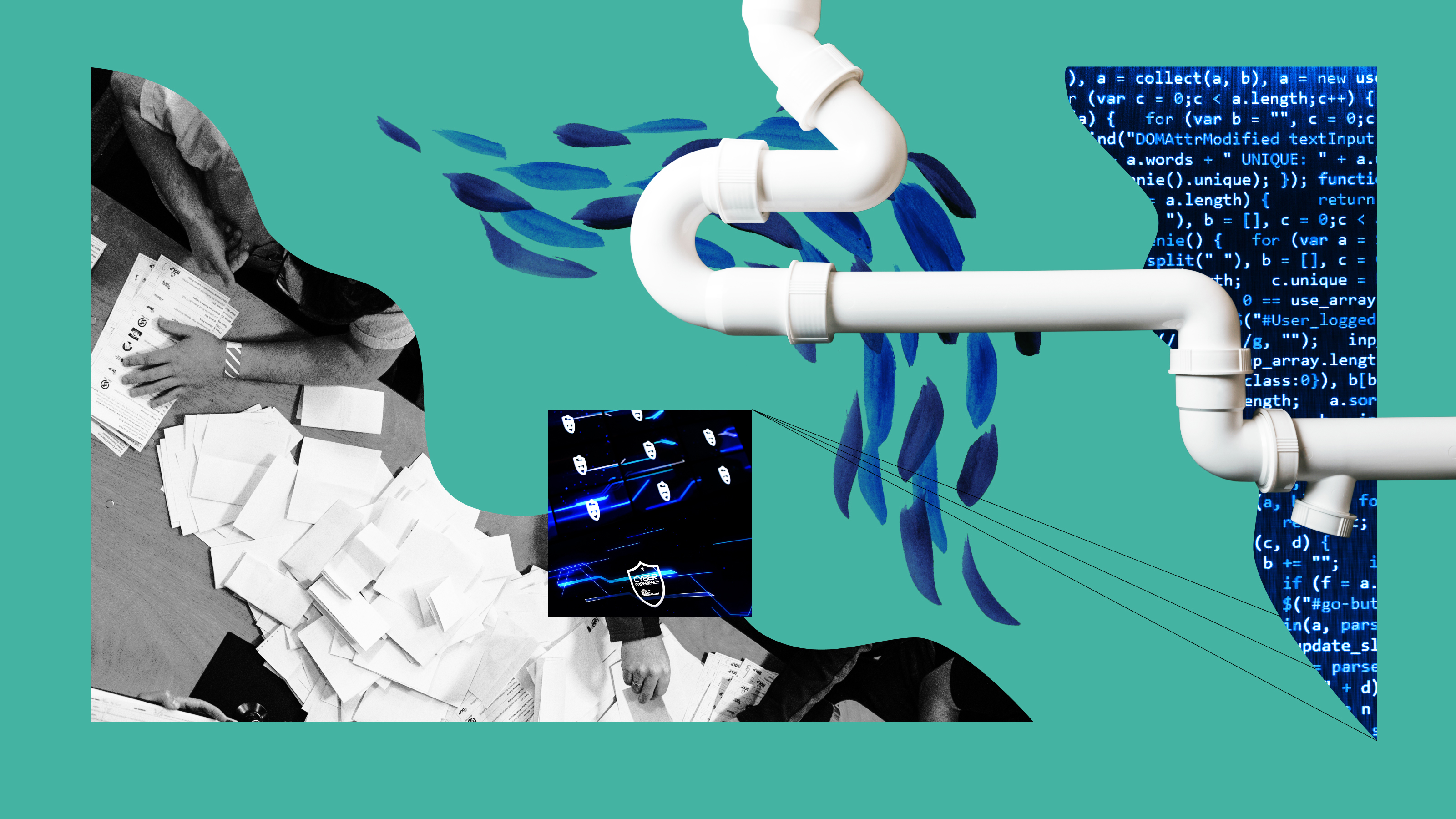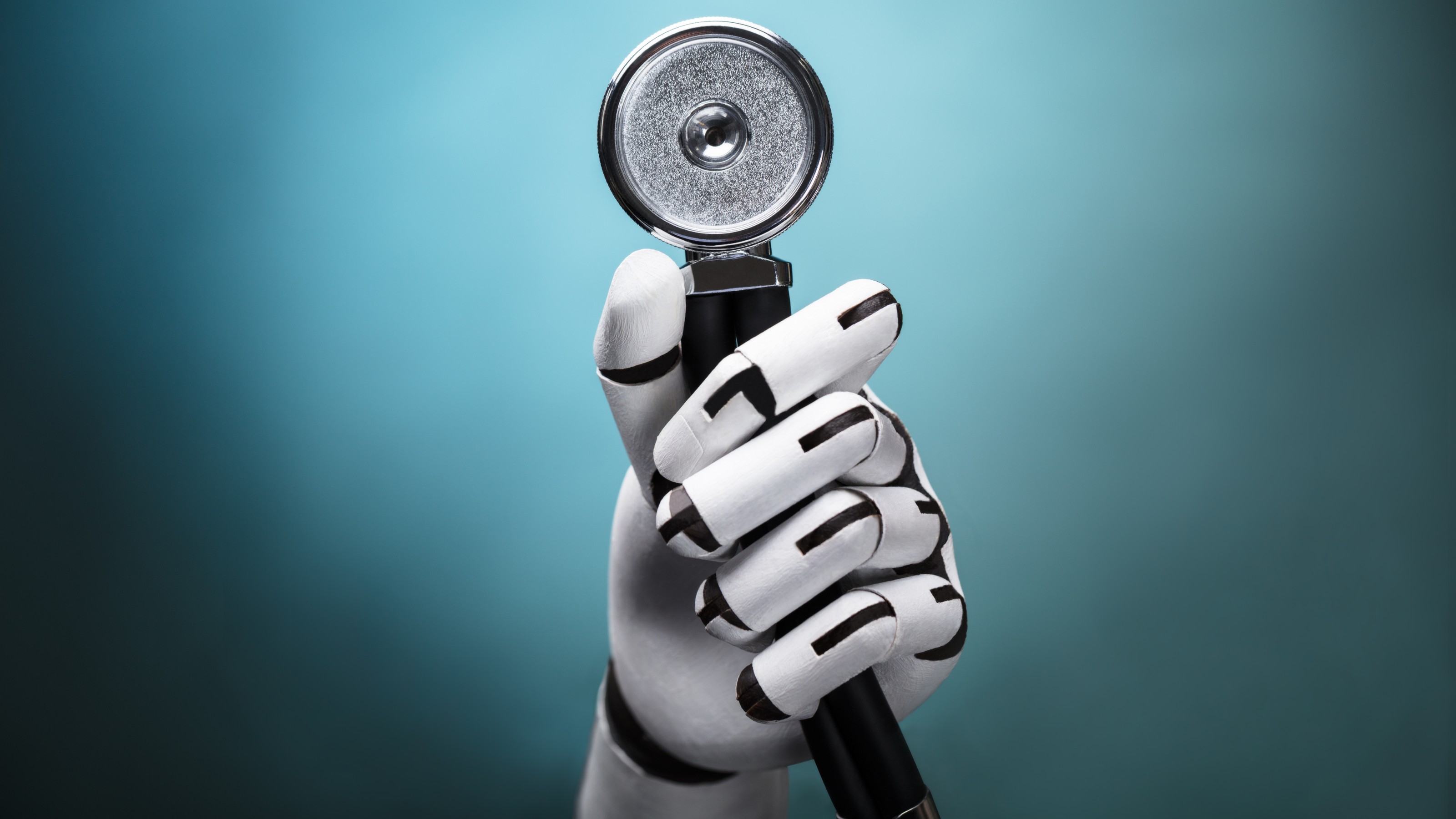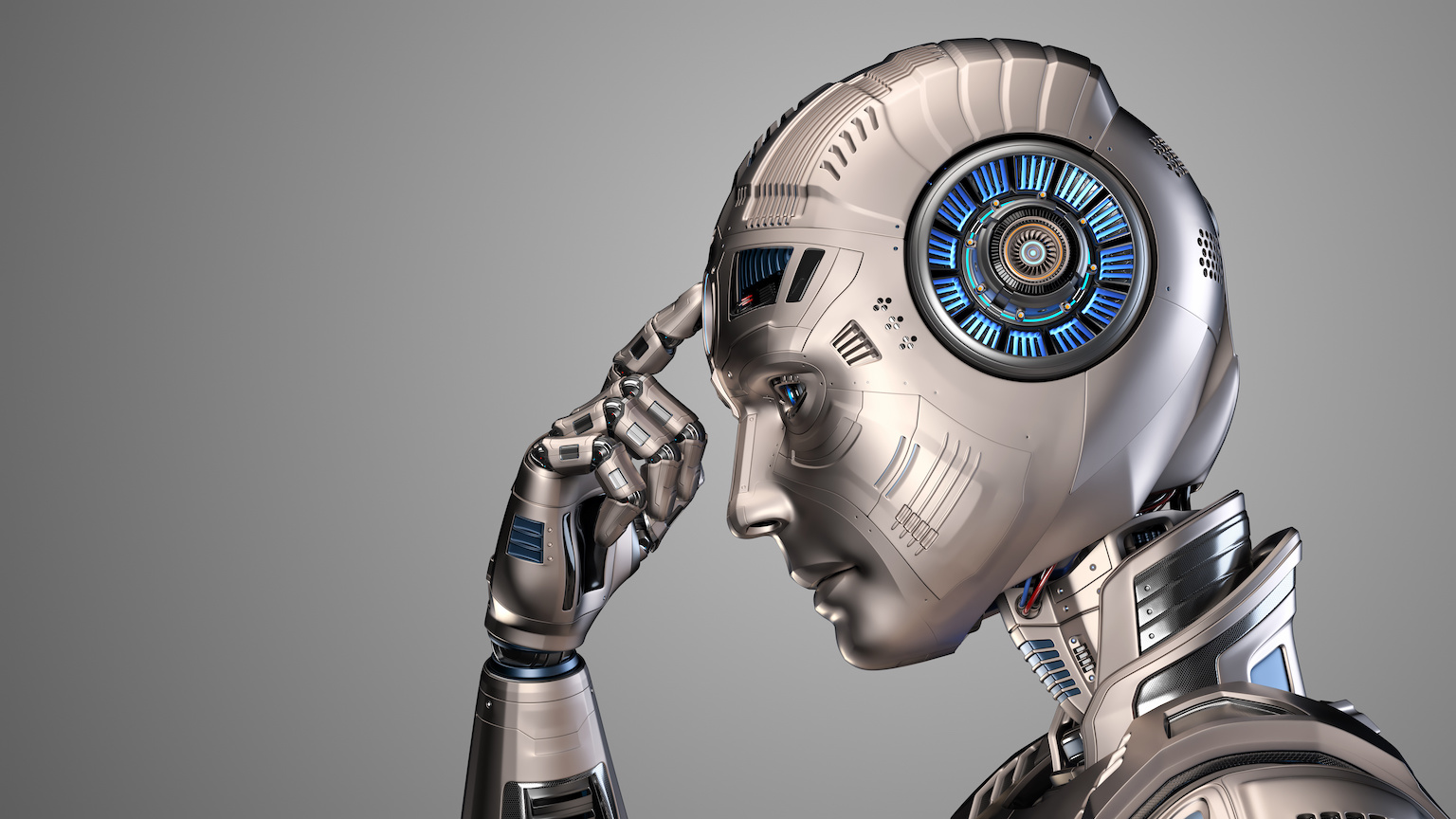Tech Trends
Perrikaryal uses an EEG to translate her brain activity into beating bosses in “Elden Ring” and beyond.
Twin Health lets patients with diabetes see what’s happening inside their own body and can model each patient’s unique metabolism.
Police forces are choosing humans over algorithms to make some identifications.
A $30,000 electric vehicle with 400 miles of range that charges in under 10 minutes remains a pipe dream over the near future.
Frontier, the ORNL supercomputer, used machine learning to perform 9.95 quintillion calculations per second.
It has already been trialed in people and could give us a better way to analyze and stimulate the brain.
Big Think spoke with AI expert Nick Jennings about the future of regulating fast-evolving AI.
Analog could serve as “always-on” computing, while digital is turned on only when necessary.
Scientists will be able to make detailed “Claymation-like” movies of chemical reactions.
AI was key to making Moderna’s COVID mRNA vaccine. Its role in mRNA therapeutics will rapidly grow in the coming years.
Only nine weeks later, the Wright Brothers achieved manned flight. The pathologically cynical always will find a reason to complain.
From fearless quitting to redefined values, “Virtual Natives” are reinventing work culture.
AI-powered voice technology is poised to revolutionize the ways we do business.
We used to think, “That email isn’t going to write itself.” But now it can, thanks to AI. And there’s so much more, from coding to marketing.
A “stakehodler” has both a voice and a vote, an economic interest in how each network stewards important global resources.
Can quantum computers do things that standard, classical computers can’t? No. But if they can calculate faster, that’s quantum supremacy.
Predictive power has perverse, anti-democratic consequences. So be a good citizen and lie to election pollsters.
AI programs like ChatGPT can create “thanabots” based on deceased loved ones’ digital communications, allowing us to talk with the departed.
It will be immensely difficult for the Bitcoin and Ethereum blockchains to protect their competitive edge if they do not pursue a radical change.
Particles behave differently when freed from the force of gravity. A new space factory aims to use this to synthesize pharmaceuticals.
The key to its success lies not in its understanding of technology, but in its understanding of human nature.
What do the dark recesses of the early Universe and Zelda: Tears of the Kingdom have in common? More than you could have ever hoped for.
One of Apple’s key innovations serves as a psychological breakthrough, as its technology eliminates the isolating feel of headset use.
Science fiction movies capture a classic human flaw: getting the future mostly wrong.
Cyberattacks are growing in number and sophistication.
A panel of healthcare professionals much preferred responses that came from the chatbot in a recent study.
Without modularization, many epic projects simply would be impossible.
Lockheed Martin’s Skunk Works engineering division has devised many jaw-dropping aircraft. Here are some of the best — and one ship.
When someone attempts to make you afraid of something that hasn’t happened instead of a true, present danger, suspect this nefarious ploy.
Steam cars hit the U.S. market in the 1890s but were largely extinct by the 1930s. Will technology bring them back?
